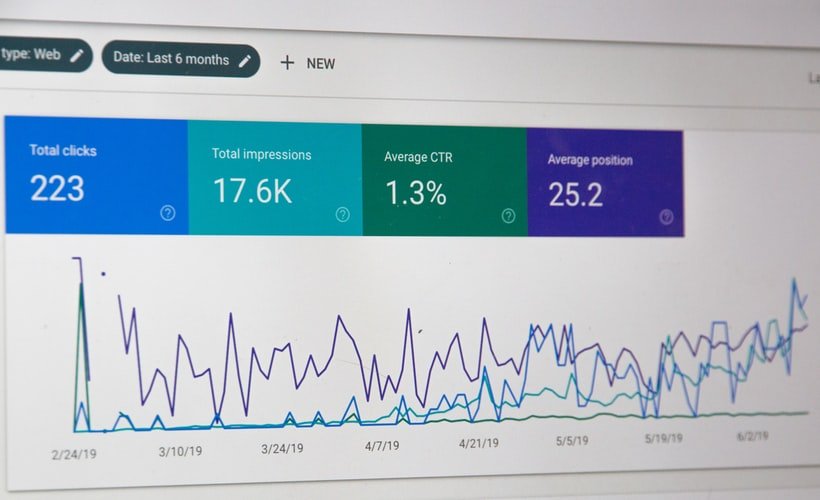Starting a new SEO campaign that will generate ROI needs a good knowledge of the site, its industry and objectives. So, what you need to do when you work for a brand that is new to you?
It is understandable that when you start working on a website’s SEO you would want to take what is in front of you and enhance it. This desire to attain results quickly will serve you right in your SEO career. However, it is vital to take a step back and ask important questions that will assist you enormously in the future.
There are some important factors that will influence your success. Some of these may be set in stone or might have already happened, but it is significant to recognise them and determine how to do the progress.
Here is a checklist of questions that you should ask before starting a website’s SEO work.

What SEO work has been done on the site in the past?
No matter what audits you run for a site you will not be able to answer the question, “Why is it this way?”. It is significant to understand how content ended up where it did, or what fuelled the decision behind the sub-domain compared to a folder.
Getting the background of SEO activity on a website can help you to understand the reasoning behind the decision. If you are lucky you may be able to communicate with the person who was handling the SEO activity. If this is the case then, ask as many popular questions as you can to individuals who may have been involved in projects.
There can be SEO decisions made that were influenced by business requirements or technology restrictions. If you do not understand this, you could end up making suggestions that have been made several times before or just hitting a brick wall with recommendations. Understanding the history of the site can help you in moving forward. If you are not able to contact the person, you can access work-logs through various project management tools. If the earlier works were done by an agency, then you can ask for copies of those audits or recommendations. This may assist you in identifying the strategy that has been followed earlier.
What are the other active marketing channels?
An important factor in your success may be what are the other marketing campaigns that are being carried out for the brand. If for example, there is a PPC activity currently going in brand terms then this may signify the share of organic traffic is decreased. Social media campaigns can have a direct effect on how much your company is searched for. Make sure you are aware of the work the company’s social media team is doing.
Office campaigns may assist in attracting awareness of the brand that can have a direct impact on the search behaviour of audiences. It is significant to liaise with the owners of other marketing channels who are affecting your organic search traffic. If possible, understand their marketing calendar so that you are aware of when there may be a rise in organic search.

Who are the competitors?
There are two kinds of competitors while searching. These are the competitors about whom the business owners know, and second are those who are competing for the same keywords in SERPs. It is significant to find out both the sets. Competitor research will likely be a staple aspect of most of the organic campaigns. The dissimilarities between your SERP competitors and your business competitors might be useful.
It can be tempting to run-off and find the search competitors for yourself but excluding the business’s competitors can be detrimental. Offline competitors are a good option to look for ideas of how to compete in organic SERP’s in a better way. If they are not ranking for those keywords that you are focusing and thus not identified through your own competitor research, then you are missing on some significant keyword targeting.
The important thing is to ask as many questions as you can. If possible, have a meeting with new clients to make them go through these points. Collect the important background info. It will stop you from making mistakes that could greatly affect the campaign’s success.

